Why Doctors Recommend the Mediterranean Diet
Cardiologist Hooman Yaghoobzadeh on the many benefits of this heart-healthy diet.
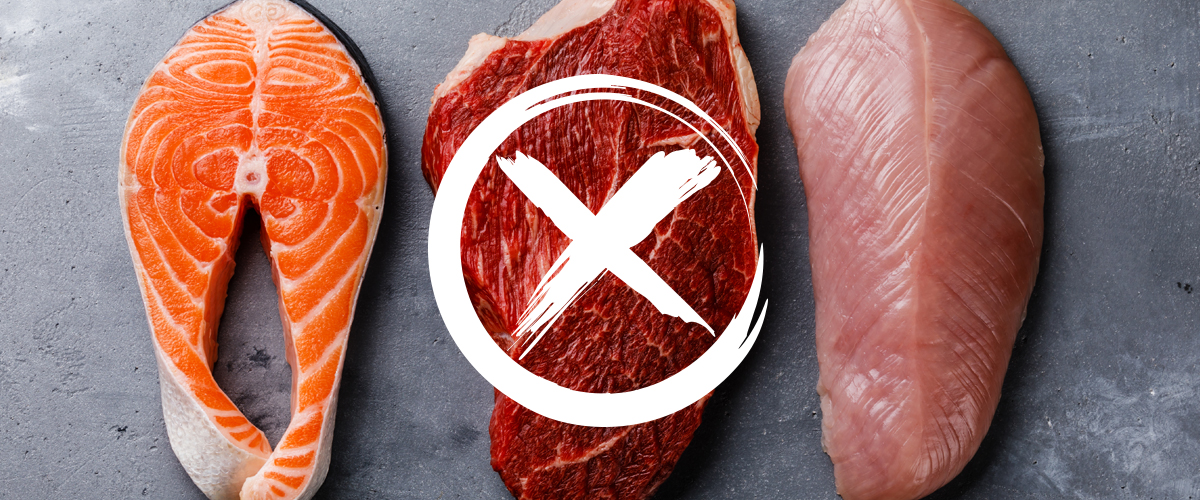

Ever wonder why doctors recommend the Mediterranean diet? There’s a long list of reasons, says Dr. Hooman Yaghoobzadeh, a cardiologist at NewYork-Presbyterian/Weill Cornell Medical Center.
The diet, high in fruit, vegetables, legumes, whole grains, fish, and nuts, is associated with a wide range of health benefits, from reducing the risk of heart disease to cancer.
“One of the best things you can do for your heart is follow the Mediterranean diet,” says Dr. Yaghoobzadeh, who is also a clinical associate professor of medicine at Weill Cornell Medicine. “There’s also growing evidence that it may help people live longer.”
Study after study supports the diet’s heart benefits, and an analysis of more than 1.5 million healthy adults has demonstrated that following the Mediterranean diet is associated with a significant improvement in health, as well as a reduced risk of cardiovascular mortality and overall mortality. It has been associated with lowering the bad cholesterol that’s more likely to build up deposits in your arteries.
The plant-based diet is rich in antioxidants — substances that could be involved in potentially reducing and repairing cell damage — which have been shown to be beneficial for heart health and overall health.
The Mediterranean diet can also help protect against other diseases, as it is linked to reduced incidences of cancer and Parkinson’s, and for preventing or slowing the progression of Alzheimer’s. A recent study suggests that women who adhere to the diet may have a reduced risk of breast cancer.
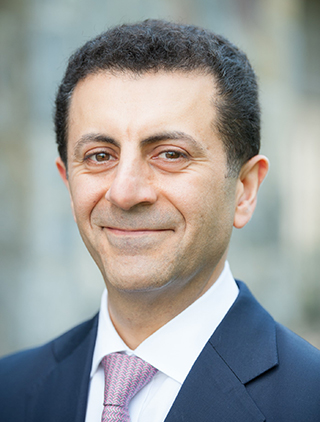
Dr. Hooman Yaghoobzadeh
And unlike fad diets, it’s not difficult to follow or stay on.
“I tell my patients that even though it’s called the Mediterranean diet, it really should be called the ‘Mediterranean way of life,’” says Dr. Yaghoobzadeh. “Diets are usually something that you do that is short-lived, or very specific, and you can’t stay on them for long. The Mediterranean diet isn’t a 30-day fast or a 10-day no-carb diet, and you don’t need to bring a salad in a brown bag if you go out to a restaurant. It’s a healthy way of living that you can stick to for the rest of your life.
“In fact, hundreds of millions of people already eat this way,” he adds. “One of the main benefits comes from the increase in fiber, which is the food (prebiotic) for the healthy bacteria in your gut (probiotic). Fiber also enhances and leads to healthy nutrients for the gut lining.”
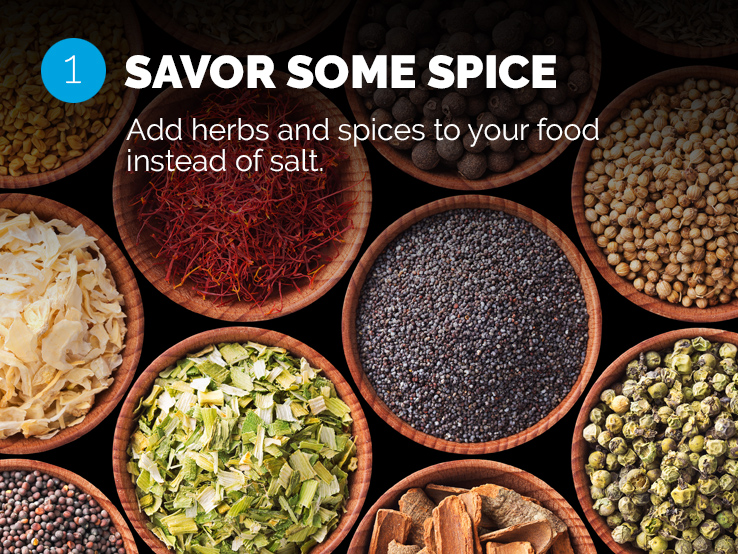
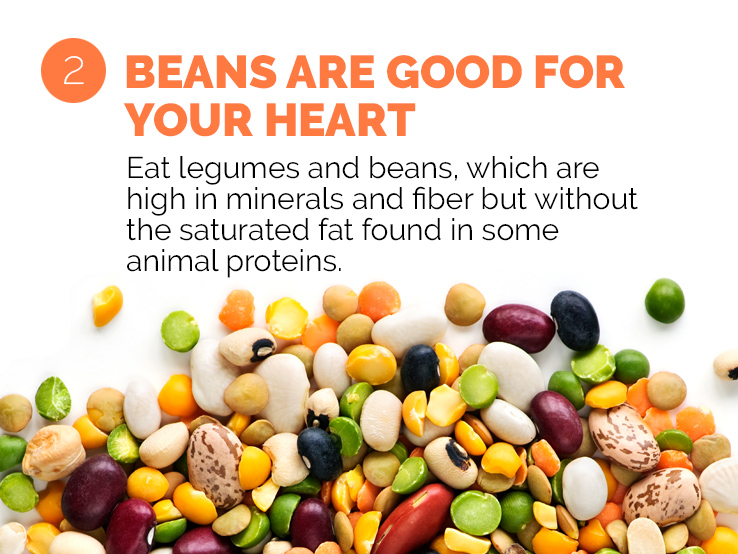
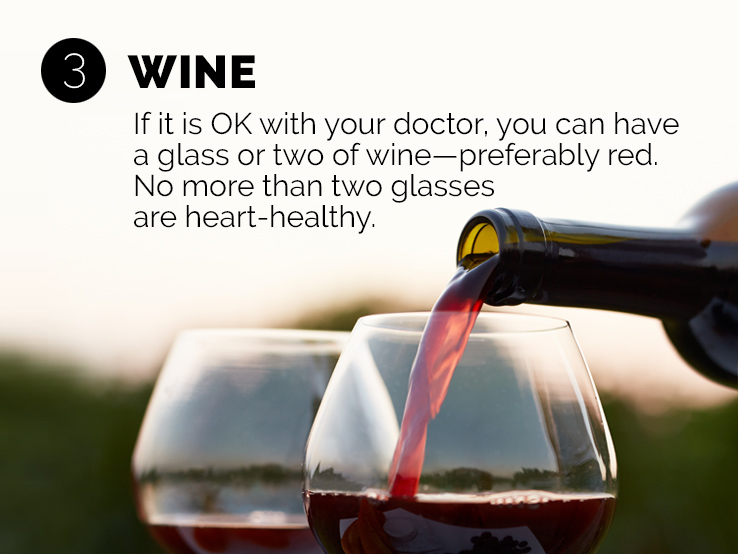
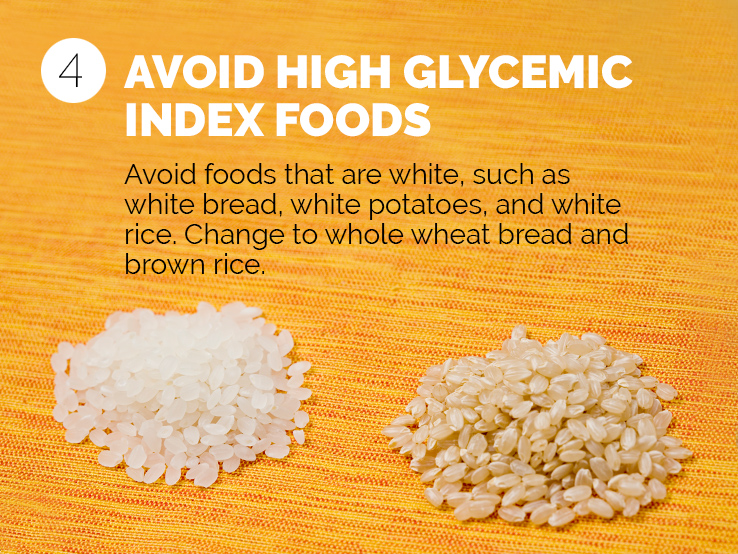
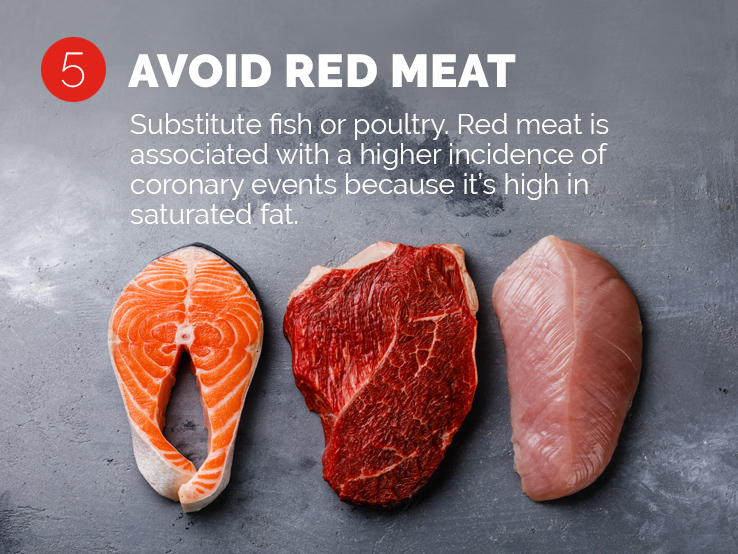
Dr. Yaghoobzadeh also recommends combining the diet with an exercise program to keep your heart healthy. Here, he shares the key points of the Mediterranean diet:
* Eat your fruit and vegetables.
* It’s good to go nuts — have a handful of nuts as a snack.
* Avoid sugar and high glycemic index foods. Use the carbohydrate/fiber ratio (total carbs divided by total fiber) to pick healthier alternatives. Try to keep the ratio below seven for foods that are processed like bread, pasta, cereals.
* Lose the butter. Use olive oil or canola oil as a replacement.
* Savor some spice. Add herbs and spices to your food instead of salt. Turmeric, saffron and many other spices pack powerful antioxidant punch.
* Go fish. Move away from meat and towards fish.
* Avoid red meat. Substitute fish or plant-based proteins. Red meat is associated with a higher incidence of coronary events because it’s high in saturated fat. Recent studies have linked frequent red meat consumption to high levels of a chemical, called trimethylamine N-oxide (TMAO), associated with heart disease.
* Limit dairy. Use dollops of yogurt as accent, and add cheese to enhance flavor as opposed to being the centerpiece.
* Beans are good for your heart and your gut. They are high in minerals and fiber but without the saturated fat found in most animal proteins.
* Wine. If it is OK with your doctor, you can have a glass or two of wine — preferably red. Try to have several days a week where you are not consuming alcohol.

